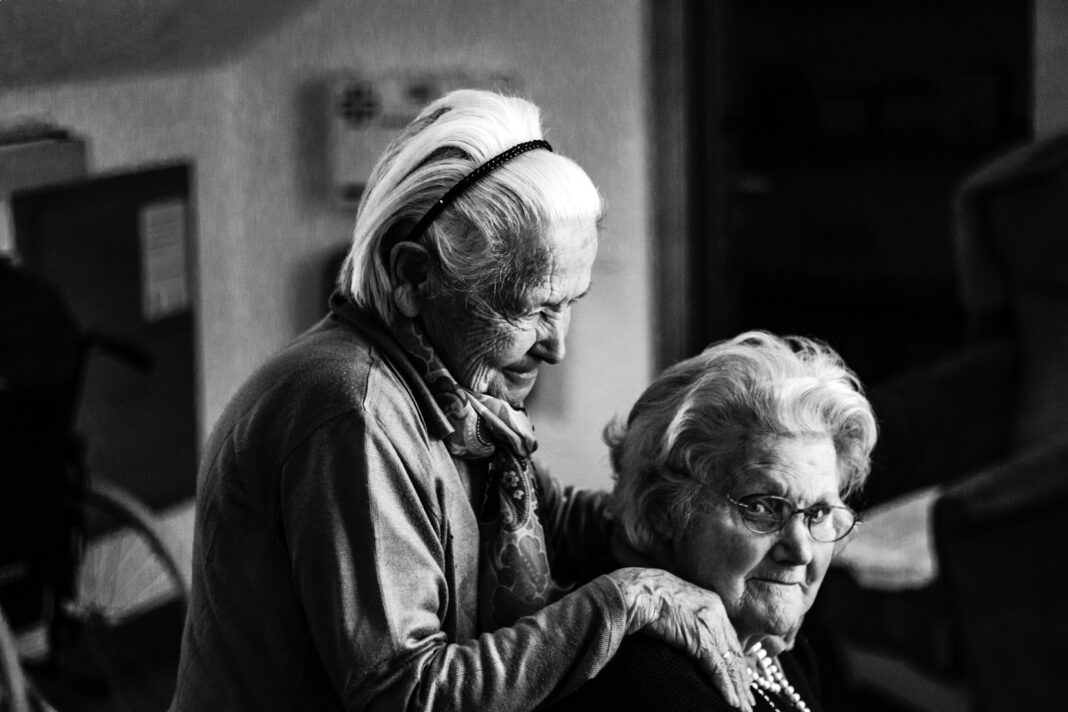When it comes time to choose aged care homes for your elderly loved one, it can be difficult to know where to start. How do you find the ideal facilities? What should you look for when touring them?
In this guide, we will help you make the right decision for your family. We’ll provide tips on how to assess aged care services and what questions to ask before making a final decision. So, whether you’re just starting your search or are already down to your last few options, read on for advice that will make the process easier for you.
Important Factors to Consider When Choosing Aged Care
It is important to remember that not all aged care services in Australia are created equal. So, how will you know you are getting the right one for your loved one? Keep these factors in mind.
Type of Aged Care
There are three main types of aged care: community aged care, residential aged care, and home and community-based aged care.
Community aged care is for elderly people who can still live relatively independently in their own homes or communities. Residential aged care facilities, on the other hand, provide accommodation, meals, and personal support for people who can no longer live at home. As for the home and community-based aged care, it is a combination of the two previous types, providing support for elderly people in their own homes as well as in specialised centres.
Apart from these, there are also the retirement communities where residents are not given any medical care but are only provided with independent or assisted living. There is also respite care that is designed to provide relief for the family caregivers.
Your loved one’s needs will determine which type of aged care service is best suited to them. If you’re not sure what they need, speak to an Aged Care Assessment Team (ACAT) officer who works for the government and can assess your loved one’s care needs for free.
Level of Care
There are also three main levels of aged care: low-level, high-level, and palliative care.
Low-level aged care, which is also known as “support care”, includes services, such as help with housework, shopping, and transportation. High-level aged care, which is also known as nursing home care, includes 24-hour medical supervision and assistance with activities of daily living, such as bathing, dressing, and eating. Palliative care is for people who are in the late stages of a terminal illness and focuses on providing comfort rather than cure.
The level of care required will also determine the cost of aged care. The more intensive the level of care, the higher the price tag will be.
Location
The next thing to consider is where you want your loved one to live. Aged care homes are located all over Australia, so there’s sure to be one near you.
But, it’s important to remember that not every aged care home is created equal. So, when touring facilities, make sure to ask questions to make an informed decision.
Accommodation
The facilities for aged care Brisbane and other cities in Australia have to offer come in all shapes and sizes, from luxury villas with private gardens to large complexes with multiple wings. It’s important to find a home that feels like the right fit for your loved one.
Consider their needs and preferences when making your decision. For example, if they prefer a more intimate setting, look for aged care homes with smaller numbers of residents. If they’re looking for a sense of community, choose a home with communal areas like gardens or courtyards.
Paying for Aged Care
The cost that comes with placing your elderly loved one in aged care homes varies depending on the type and level of care required as well as the location and accommodation that is chosen. In most cases, the government will contribute to the cost of aged care, but you may also have to pay a daily fee and/or an accommodation charge.
Before making any decisions, it’s important to speak to an aged care financial advisor who can help you understand the costs and options available to you.
Touring Aged Care Facilities
Now that you know what to look for, it’s time to start touring aged care homes. Keep in mind that not every home is going to be a good fit for your loved one, so make sure to get a feel for the atmosphere. Is it warm and welcoming? Or, does it feel clinical and cold?
And, most importantly, don’t forget to speak with your family about your loved one’s needs and preferences. They’re likely to have some valuable insights into what will work best for them.
Questions to Ask the Aged Care Provider
When touring aged care homes, do not hesitate to ask lots of questions. Here are some examples:
- What type of care do you provide?
- What are your staff-to-patient ratios?
- What is the average length of stay for residents?
- How do you handle end-of-life care?
By asking these and other relevant questions, you can make a well-informed decision whether or not a facility is the best option for your family.
Making the Transition Easier
The transition to aged care can be difficult for both your loved one and you. But, there are a few things you can do to make it easier.
For starters, try to keep as much of their routine as possible. This will help them feel comfortable and settled in their new home.
Also, stay connected with the home. Make sure to visit often and get involved in the activities they offer. This will help create a sense of community for your loved one.
Moreover, don’t forget to take care of yourself! The transition can be stressful for caregivers too, so make sure to take time for yourself and relax. A little self-care can go a long way!
Final Thoughts
Choosing to send your elderly loved one to aged care homes is a big decision that can be full of emotions. But, by following these tips, you can make the task easier and find the best possible option for your family’s needs.
Do you have any other advice for choosing an aged care home or have some questions in mind? Share your thoughts in the comments below!
Also, feel free to check out the other articles on our site if you are looking for useful information on health and fitness.















